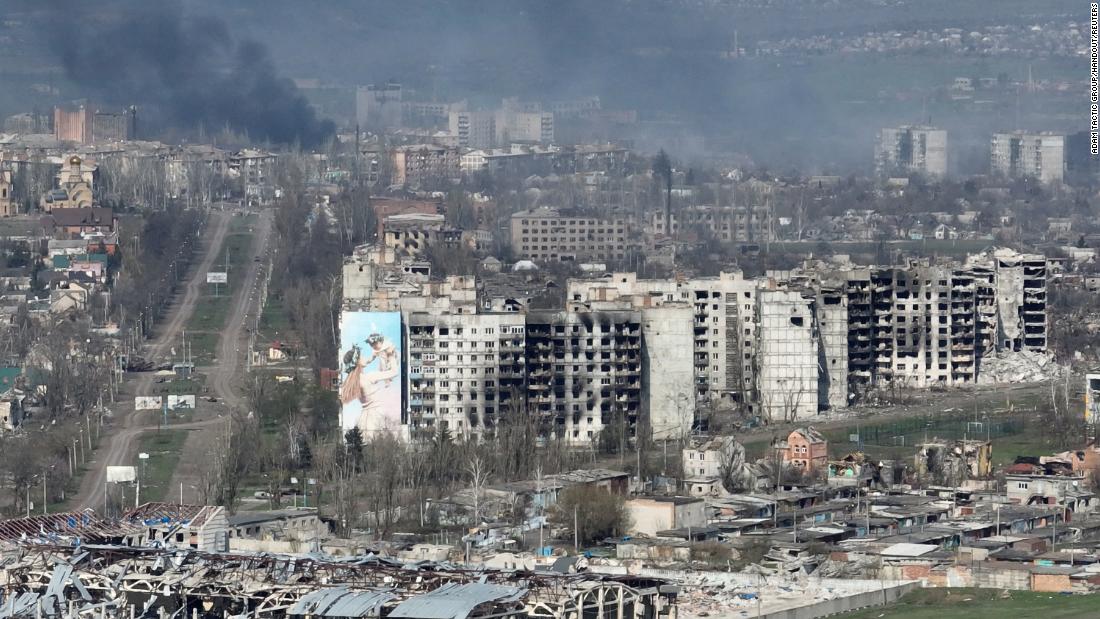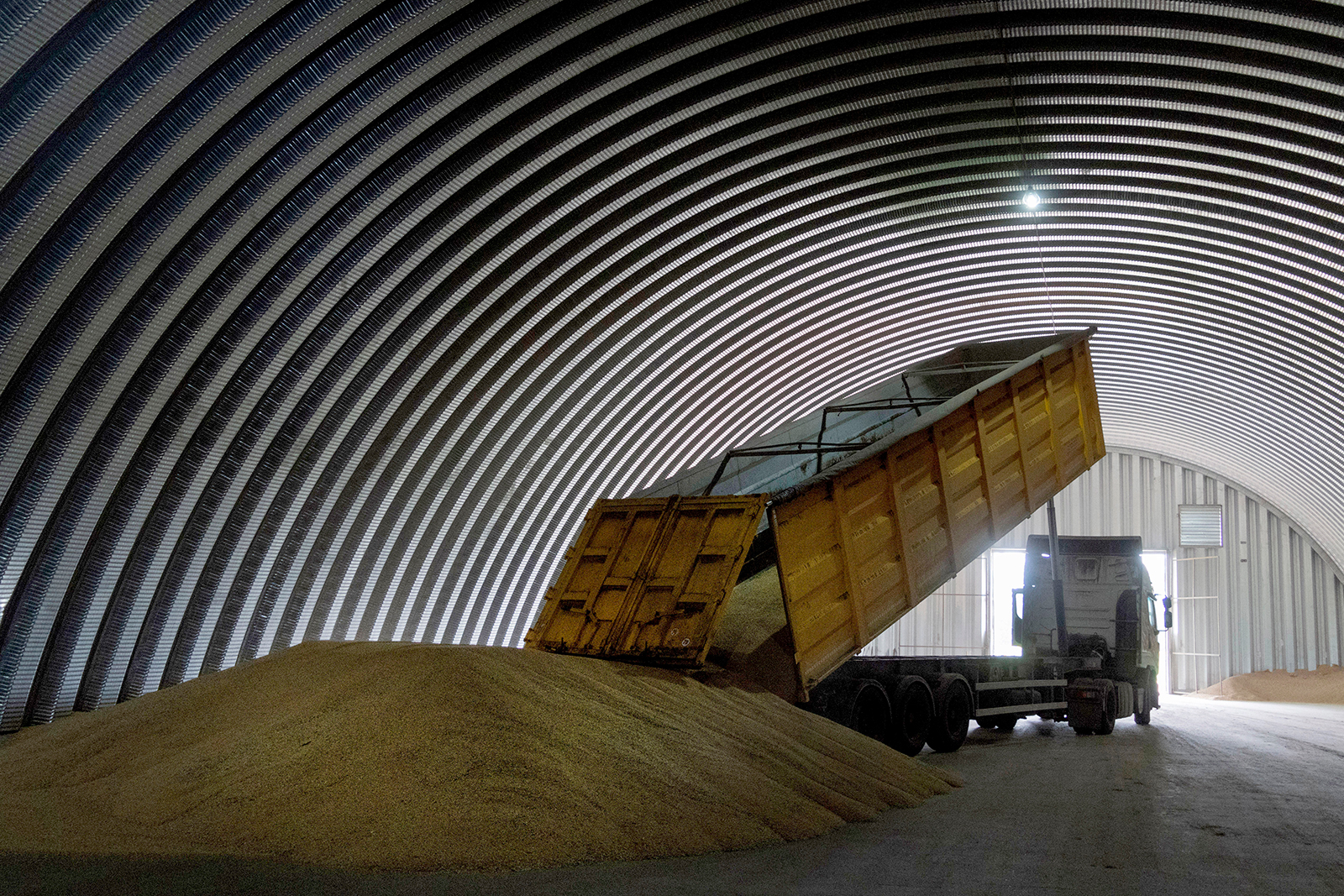

The European Commission denounced a decision by Poland and Hungary to ban imports of grain and other agricultural products from Ukraine.
“Unilateral actions are not acceptable. In such challenging times, it is crucial to coordinate and align all decisions within the EU,” EU Commission spokesperson Arianna Podestà told CNN in a statement Sunday.
Podestà said trade policy is an “exclusive competence” issue, referring to the alliance’s policies around decisions that must be made as a group, and not by individual member states.
The commission is requesting more information from the involved countries to assess the measures, the spokesperson said.
The bans in question: On Saturday, Poland banned imports of grain and other food products from Ukraine “to protect the Polish agricultural market against destabilization,” the Polish prime minister’s office said in a statement.
Hungarian Agriculture Minister István Nagy announced Sunday that Budapest would take similar steps, temporarily banning the import of grain, oil seeds and other agricultural products from Ukraine.
“The government is committed to representing the interests of the Hungarian economic society,” Nagy said in a Facebook post Sunday, adding he was taking the step “in the absence of meaningful EU measures.”
What led up to the bans: When Russia invaded Ukraine, it blocked ports and sea routes used to export Ukrainian grain to Africa and the Middle East. Fearing widespread famine, the European Union lifted duties on grain from Ukraine to ease distribution to those global markets.
Ukrainian grain has since flowed into Poland, but much of it has remained in the country, bringing down the price and causing Polish farmers to suffer significant financial losses.
That’s spurred protests and calls for the European Commission — effectively the EU’s cabinet government — to intervene. But the international body only spurred further anger when it announced a draft decision to extend duty-free and quota-free imports of Ukrainian grain until June 2024.
CNN’s Mariya Knight and Jonny Hallam contributed to this report.
